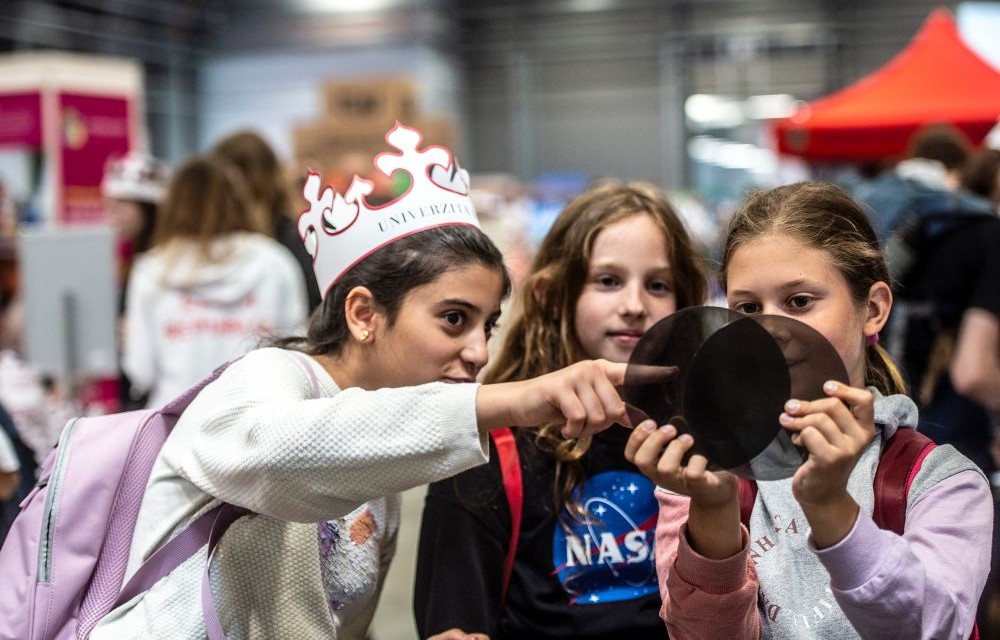SPIE Outreach Grants promote awareness of light-based technologies through a variety of events and activities. From classroom outreach kits to educational community displays, grant-funded projects inform and inspire diverse audiences of all ages.

 Sixteen programs were selected for SPIE Outreach Grants in 2025, with awards totaling $37,500. The projects will inform and inspire diverse international audiences of all ages in a wide variety of ways. We are pleased to announce this year's recipients:
Sixteen programs were selected for SPIE Outreach Grants in 2025, with awards totaling $37,500. The projects will inform and inspire diverse international audiences of all ages in a wide variety of ways. We are pleased to announce this year's recipients:
Congratulations to each nonprofit organization. Thank you for opening doors to the wonders of optics and photonics while sparking curiosity, igniting imaginations, and laying the groundwork for future innovation.

 Make a difference through general optics and photonics outreach or International Day of Light (IDL)-specific events! Submit your proposal to receive up to $5,000.
Make a difference through general optics and photonics outreach or International Day of Light (IDL)-specific events! Submit your proposal to receive up to $5,000.
The award process is competitive, and some proposals may receive partial funding.
The 2025 grant application closed on 1 December 2024. Check back soon to read about this year's recipients.
The key criterion in evaluating and ranking applications is the potential to increase optics and photonics awareness and impact students and/or the larger community.
A point system is used to judge applications on:
Please contact outreach@spie.org if you experience technical problems or have questions.